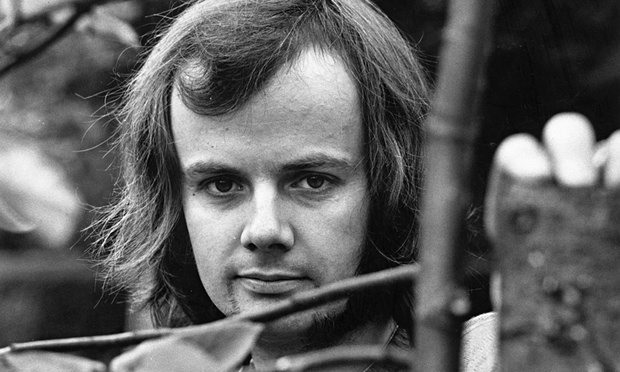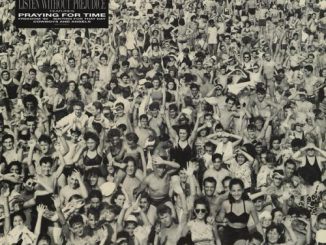David Bowie, Pink Floyd, Led Zeppelin, Roxy Music, New Order … all owe their emergence in large part to one DJ. From psychedelia to drum’n’bass, and over 35 years, he shaped a nation’s – and the world’s – taste in music

It was 27 July 2012, the night of the opening ceremony of the Olympic Games. The Queen got into a helicopter. Men with top hats walked on Glastonbury Tor. The Queen jumped out of a helicopter. Danny Boyle’s pageant in Stratford took Britain on a journey through the centuries, from prehistoric settlements to James Bond films, and the miracle of satellite bounced it all into hundreds of millions of homes around the world.
Seasoned watchers of stadium-sized spectaculars would have noticed that the music in Boyle’s ceremony – which included Mike Oldfield’s Tubular Bells, Led Zeppelin’s “Trampled Under Foot”, snatches of Sex Pistols and Public Image Ltd, and jittery patterns of drum’n’bass – was quite different from the MOR singalongs that usually grace these occasions. Did anyone subconsciously get the connection between the disparate musical elements? If they didn’t, it was there in black and white the following morning, when newspapers printed the ceremony’s running order.
Oldfield. Led Zep. John Lydon. High Contrast. All four had been championed early in their careers by John Peel. Drum’n’bass DJ High Contrast, who assembled the soundtrack to the athletes’ parade, had appeared on The John Peel Show with his very first single, released on a small south London label in 2001. As for Oldfield, his multimillion-selling Tubular Bells franchise might have died at birth, had it not been for Peel’s enthusiastic support in 1973. He called it the best album he’d heard since Sgt Pepper and the ball started rolling.
The list continued. Happy Mondays. The Specials. Pink Floyd. New Order. The common factor was Peel. Pink Floyd were virtually the house band on his progressive rock show, Top Gear, in the late 1960s. New Order, emerging hesitantly from the ashes of Joy Division, have admitted they owe their existence to Peel. David Bowie. Frankie Goes to Hollywood. Orchestral Manoeuvres in the Dark. All brought to Radio 1 – and to public attention – by Peel. For Bowie, this meant valuable airplay on Top Gear in 1967–68 at a time when all he had to show for his efforts was a flop single about gnomes. For Frankie Goes to Hollywood, it meant an invitation to perform onstage – in their bondage gear and G-strings – when Peel’s travelling DJ roadshow entertained students at North Cheshire College in Warrington on a December night in 1982. “Relax” was still a year away.
Read More at The Guardian



Be the first to comment